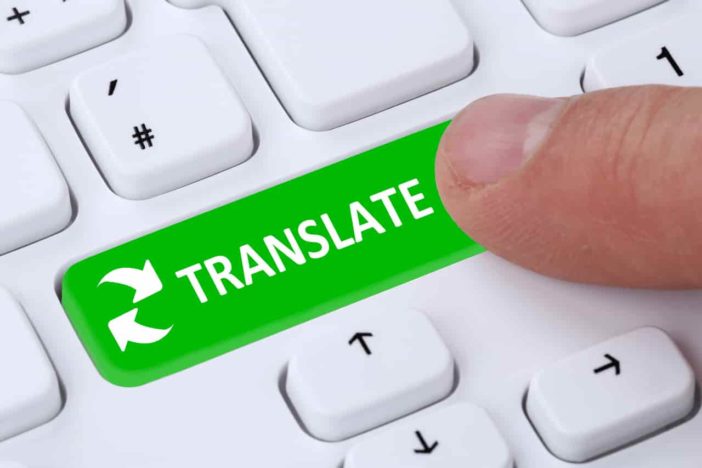The translation is fundamental in the tourism industry. Any business related to tourism, whether it be hotels, travel agencies, excursions, or travel sectors, need to reach a huge amount of people on a global level to succeed. To achieve this kind of reach, it’s imperative to offer a multilingual business.
The tourism industry has been one of the fastest growing industries and has adapted immensely well to modern day technologies and digitalisation. With smartphones providing access to the internet at your fingertips, people have quickly got used to booking hotels, flights, and excursions on the internet. This means there has been less demand for in-person travel agencies, as more people favour booking everything online.
However, there is no less demand for quality translation in the tourism industry, whether it be online or in-person communication. If anything, a digitalised tourism industry has meant most businesses are obliged to translate all kinds of content to ensure happy customers. For this, many businesses employ a translation agency to help.
Why Should Tourism Companies Translate Their Content?
There are fundamental reasons why it’s so important for tourism companies to translate their content. Below highlights a few examples:
Trust
Poorly translated website content is a big NO for successfully retaining customers. Given that many people invest in their trips online, it’s crucial that every effort is made to increase the credibility and trust of that website. The poor translation is an aspect of user experience that could impact one’s willingness to buy from a company online. Poorly translated content suggests carelessness and doesn’t inspire confidence in your potential customers.
Importantly, this is true for any company that wants to tap into their online market in several languages!
Market Reach
Good quality translation in the tourism industry isn’t the only thing that enables businesses to reach more potential customers, but it’s a big step in the right direction.
Despite many people using English as their standard go-to international language, clients like the option of browsing websites in their own language too.
Improves SEO
SEO stands for Search Engine Optimisation. When it comes to the online presence of a business, SEO is your ability to rank well on Google. Importantly, the SEO strategy should be approached differently for each language used by a business to ensure you rank well.
For example, it would be very difficult for tourism companies that only have their web page in English to rank in searches made in other languages. When translating online content into other languages, it is, therefore, crucial to consider different SEO strategies to ensure your ranking ability isn’t impacted.
Important Things to Consider:
The translation isn’t an easy task and comes with many challenges. Many translators need to consider the local nuances and language culture of the target language when translating a piece of text. Therefore, it’s important to employ a translation agency that specialises in the tourism sector and knows how to deal with different forms of content.
Language Culture
As mentioned above, language culture is important for quality translations. When businesses communicate with their target market, they are using language and messages that resonate with their target audience that sound both attractive and familiar. When this content gets translated, an expert translator will have in-depth knowledge of the country they’re translating for in order to maintain the original tone.
Topical Knowledge
Not all translators who work in the tourism industry know what they are talking about. Imagine translating a piece of text about a place you’ve never visited – it would be hard to self-assess the accuracy of the content. Therefore, it’s imperative to employ people who are knowledgeable. Native Translators are a good option here.





